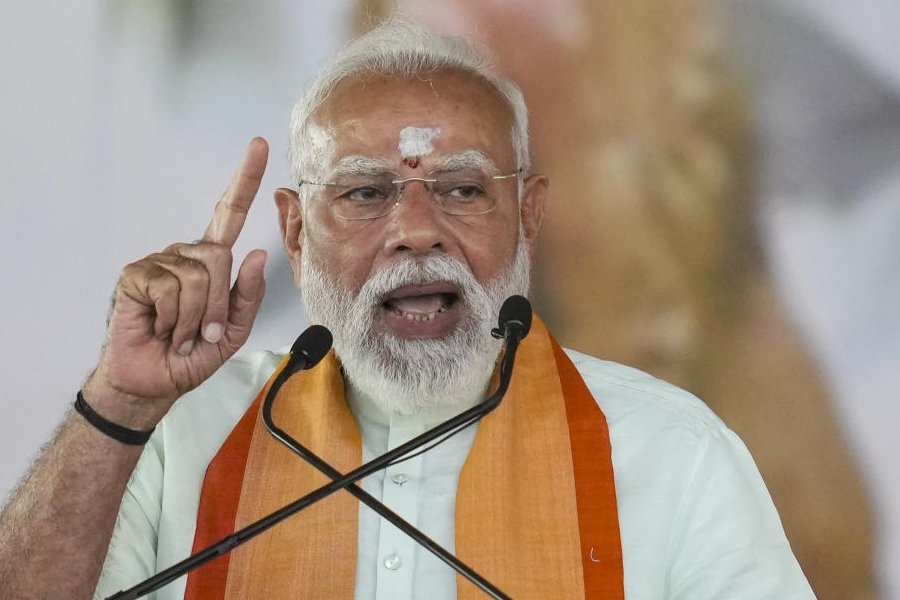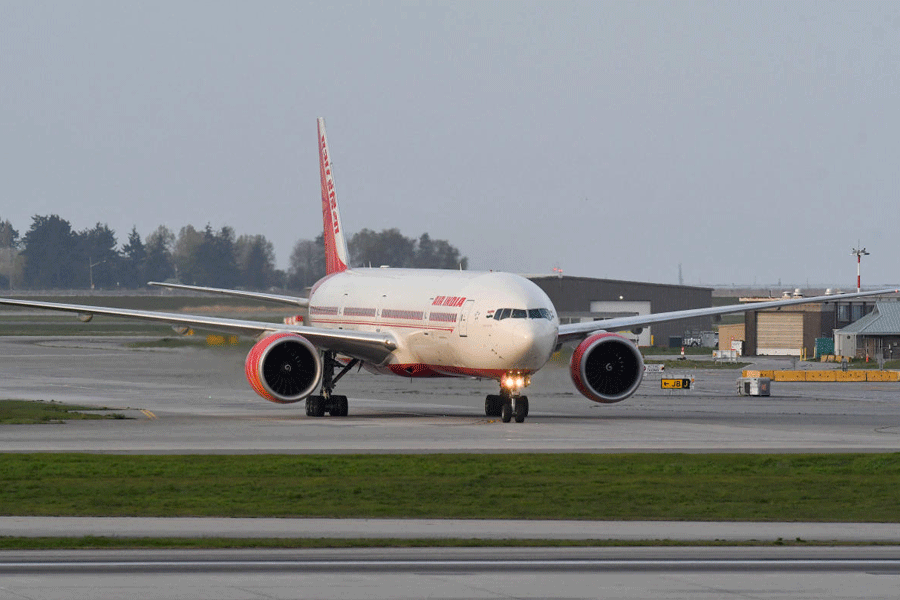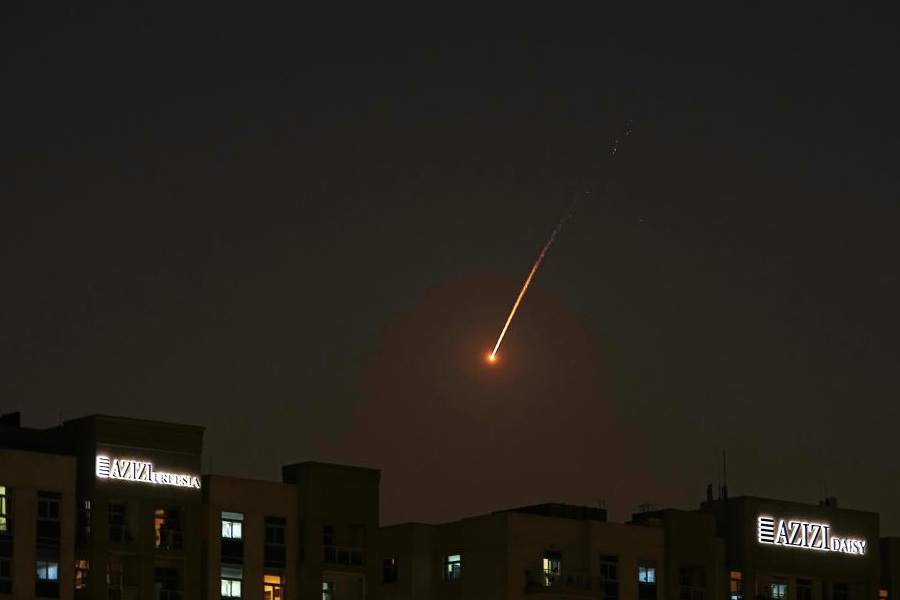Giorgia Meloni, the hard-Right leader of a party descended from post-Fascist roots and the favourite to become Italy’s next Prime Minister after elections this month, is known for her rhetorical crescendos, thundering timbre and ferocious speeches slamming gay-rights lobbies, European bureaucrats and illegal migrants.
But she was suddenly soft-spoken when asked on a recent evening if she agreed, all caveats aside, with the historical consensus that the Fascist leader Benito Mussolini — whom she admired in her youth as a “good politician” — had been evil and bad for Italy.
“Yeah,” she said, almost inaudibly, between sips of an Aperol Spritz and drags on a thin cigarette during an interview in Sardinia, where she had completed another high-decibel political rally.
That simple syllable spoke volumes about Meloni’s campaign to reassure a global audience as she appears poised to become the first politician with a post-Fascist lineage to run Italy since the end of World War II.
Such a feat seemed unimaginable not so long ago, and to pull it off, Meloni is balancing on a high-stakes wire, persuading her hard-Right base of “patriots” that she hasn’t changed while seeking to convince international sceptics that she’s no extremist.
On September 25, Italians will vote in national elections for the first time since 2018.
In those years, three governments of wildly different political complexions came and went, the last a broad national unity government led by Mario Draghi.
Meloni led the only major party, the Brothers of Italy, to stay outside that unity government, allowing her to vacuum up the Opposition vote.
Her support in polls steadily expanded from 4 per cent in 2018 to 25 per cent in a country where even moderate voters have grown numb to Fascist-Communist name-calling.
New York Times News Service











